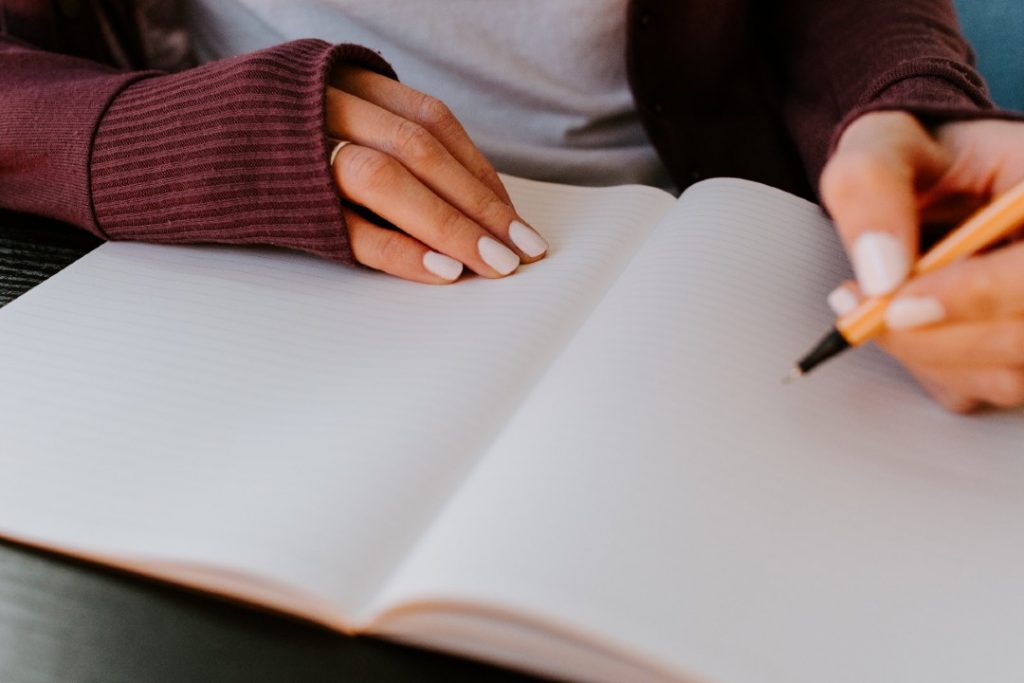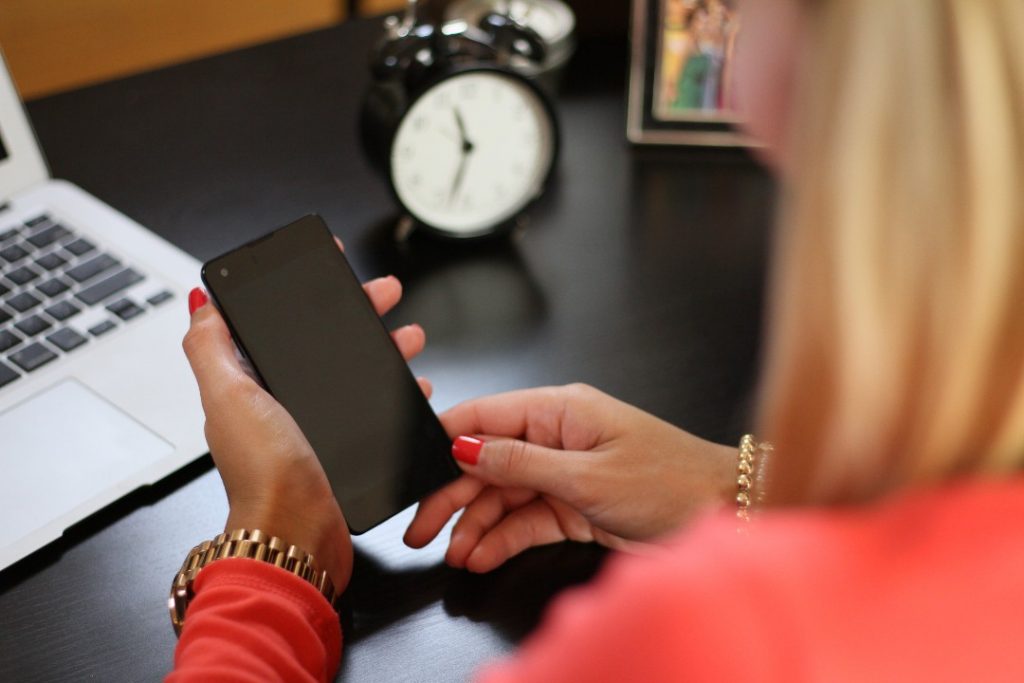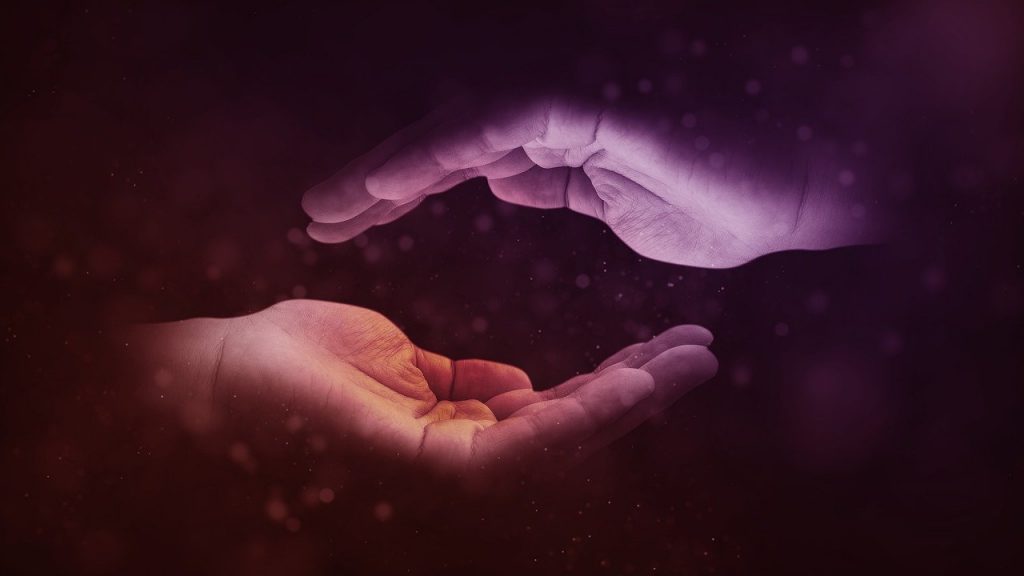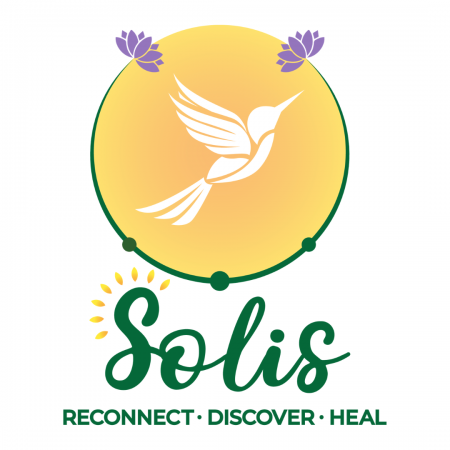Intuition. Some of you may be wondering what this has to do with cancer; I know I definitely would have been at the beginning of this whole journey. You may have decided to go with everything that your oncology team offered you, and there is of course absolutely nothing wrong with that. But some who take an integrative route decide not to accept everything, which of course is absolutely okay too, and with this comes the tough part: trying to decide what to do and what not to. For me, these decisions were one of the hardest parts of my entire cancer experience (besides, you know, facing my own mortality and all that); I really struggled with each one, chemo, rads, Herceptin, Tamoxifen.
I had always considered myself a relatively intuitive person, but that came, I think, more from a liking of the idea of being intuitive versus actually feeling that way or doing something to develop and trust my intuition. In all honesty, I was a fairly indecisive person before my diagnosis, and who’s kidding, I still can be! But unlike deciding which movie to watch, these decisions facing me now could literally be life or death. Those are some high stakes, which make deciding all the more difficult. So, I started to do what I usually do when faced with challenges, I started to research, ask questions, read, collect stats and opinions, and anything else I thought might help me. I asked everyone what they would do, asked people who had been through it what they did do, and broke down the benefits of each treatment in terms of their risk reduction percentages. I realized one day that I was waiting for someone to say, “Do this, and you will be fine”, but I simultaneously realized that if I was waiting for that, it was going to be a long wait; this was one of those times in life where it had to be all me, no one could make these choices for me. Great.
On reflecting now, I recognize that what I was doing with all of that research and reading and asking was informing my gut. I had started to meditate to deal with the stress of my diagnosis, but what that was also doing, and what I hadn’t entirely perceived yet, was connecting me with my body and my intuition. It was a long road between initiating this connection and then actually listening to and trusting it, but doing both of these things ended up being so very important to my healing. After informing my gut with all of that information, I would imagine doing each treatment in as much detail as possible, and then I would just sit with it and listen to what came up. Some things were a resounding “NO”, like the majority of chemo and all of radiation. You may have heard me describe it before, but it was like a visceral, physical reaction. My whole body would tense up, I would even sometimes instinctively shake my head, and I would hear “No” in my head over and over. And then Herceptin and eventually Tamoxifen, even the one round of chemo I had to do to qualify for Herceptin, felt like a “yes”; I would feel my body relax and this sense of relief and surety would wash over me. Wild, right? But it happened, and it’s really what all my decisions boiled down to after the research and questioning, what felt right and what didn’t based on that information and on what my body was telling me.
Since then, I have relied on my intuition for more and more, from smaller things like what to write or post about, to bigger things like whether it is the right decision to take a job or opportunity. It hasn’t steered me wrong yet. For me, it was a very important piece of not only my healing but also of my growth and development along the way. It was a big step in understanding myself as a person, in getting to know who I am and what I truly want, and I am most grateful for it. It has given me more confidence and positivity too, which are so important in the face of cancer. Below are 5 ways that you can start connecting to and trusting your own intuition. I hope doing this does the same for you as it did for me, that it brings you more confidence in your decisions, more clarity in the chaos, and more hope for the future.
1. Journal Freely

There is no right or wrong way to journal. You can look up prompts to get you started, but I am a huge fan of just starting to write and seeing what comes up. I have had some pretty profound realizations from just letting the words flow out of me. I simply start by writing the first thought that pops into my head, even if it’s just “I’m here, writing in my journal”, and usually my mind naturally focuses on an emotion I’m feeling or thoughts I’m having, and it takes care of the rest. Once you have a clearer idea of what is going on inside of your head and your heart, it becomes easier to recognize true nudges from your intuition and separate them from ones rooted in fear or insecurity. Put on some nice music, get a journal and a pen you love to write with, and just see what comes up! .
2. Don’t Distract Yourself All the Time

We have a tendency these days to always have something on in the background. We put on a podcast while we exercise, we turn on a radio talk show when we’re driving or in the shower, and we have Netflix on in the background while we make dinner. Make a point to sometimes just be alone with your thoughts, without anything else on that might shut them out. Just like your pen when journaling, let your mind wander. Most of the lessons I have realized throughout this experience were discovered while I was thinking and reflecting in this way. The mind and the intuition are connected of course, and I find this connection is intensified the more I just let it be and let it work it’s magic. Some of the best ideas I’ve had have come to me while exercising, when I just have good music on and my body is busy, which I find lets my mind really explore its corners and my intuition light up.
3. Meditate

Meditation is what initially, and without me knowing it, brought me and my intuition together. I started feeling an inexplicable connection to something bigger than myself, and this was my intuition connecting me to what I like to call the universe. Once I felt that tether, it was a lot easier somehow to trust what my intuition brought me; it felt like it wasn’t entirely coming from within me, but from some bigger place that could see the whole picture and that knew better than I did as a result. It’s hard to explain, and it was hard to understand for someone like me who had never been particularly spiritual; all I can say is that I felt it and it guided me, and I continue to feel it and let it guide me.
There are so many different types of meditation, many of which use mantras or are guided. There is something to be said though for meditating on a question or an issue and seeing what comes up. Sit comfortably, as you would with any other meditation, and set your intention for the meditation: an answer to a question, a solution to a problem, a next step to take. Pay attention to any flashes of images or words that spring to mind. Afterwards, jot down anything that came up and reflect on it. This is a perfect time to journal and just let your pen flow, writing down anything and everything that came up during the meditation. You may just find that your gut has had something to say.
4. Focusing

Focusing is something that had a really important impact on my decision making during treatment. It was developed by psychotherapist Eugene Gendlin out of what began as a study into why some individuals did not benefit from therapy. “Focusing, an approach to therapeutic treatment in which the therapist works to help the individual in treatment gain awareness into their bodily felt sense, is meant to help people seeking treatment learn to direct their attention toward things they experience that are difficult to describe in a concrete way. Felt sense, the sensations in a person’s body that provides information about situations, thoughts, and feelings, is a key aspect of focusing therapy, as the goal of the approach is for individuals to learn to ‘stay’ with this felt sense and listen to its messages.” If you would like to read more, check out this website. If you are interested in giving Focusing a try, Google it in your area and see if you can find someone offering it. What it really did for me was confirm that my gut, my intuition, my heart felt the same as my brain did, the images and feelings that came up all matched what I was leaning towards mentally, and this gave me the confidence to move forward with my decisions.
5. Trust What You Hear

This is the hardest one, but like any relationship, one with your intuition must involve trust. Cancer is a minefield of difficult decisions, each one seemingly harder than the last. And the real kicker is that this is one of those times where no one can choose for you. It is entirely up to you to make the final call about treatments and surgeries and protocols. You can get all the opinions in the world to inform your decisions, but at some point you have to let that info settle in and then listen to what your gut tells you in response to it all. And you have to trust what it says. The goal isn’t to make a decision that won’t change in the future. The goal is to make a decision that you won’t regret in the future, even if later on you look back and say you would choose differently now. You want to get to a point where you can say, “I made the best decision that I could at that time with the information that I had; I made the choice that was best for me at that moment”; this way, you will never regret, or at least blame yourself, for the decisions you made. And the way to get to that point must involve guidance from and trust in your gut feeling, your felt sense about what is right for you.
Happy Healing ![]()




0 Comments